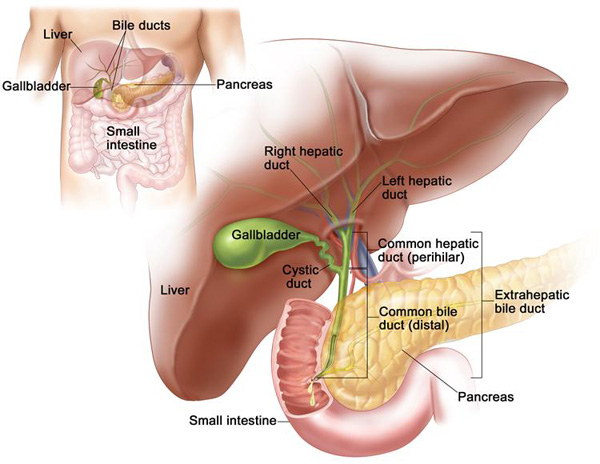
Gastrointestinal cancer refers to malignant conditions of the gastrointestinal tract (GI tract) and accessory organs of digestion, including the esophagus, stomach, biliary system, pancreas, small intestine, large intestine, rectum and anus. The symptoms relate to the organ affected and can include obstruction (leading to difficulty swallowing or defecating), abnormal bleeding or other associated problems. The diagnosis often requires endoscopy, followed by biopsy of suspicious tissue. The treatment depends on the location of the tumor, as well as the type of cancer cell and whether it has invaded other tissues or spread elsewhere. These factors also determine the prognosis.
sophageal cancer is the sixth-most-common cancer in the world, and its incidence is increasing.[4] Some three to five males are affected for each female.[4] An "esophageal cancer belt", in which the incidence of esophageal squamous cell carcinoma (SCC) is more than a hundred times that of adjacent areas, extends from northeastern China through central Asia to northern Iran.[1] Ethiopia also has a notably high incidence.[4] There are two main types of esophageal cancer—adenocarcinoma and squamous cell carcinoma. Worldwide, the incidence of each type is about the same, but in developed countries like North America and Europe adenocarcinoma is the more common

Cancers of the gallbladder are typically adenocarcinomas, and are common in elderly women. Gallbladder cancer is strongly associated with gallstones, a porcelain gallbladder appearance on ultrasound, and the presence of polyps within the gallbladder. Gallbladder cancer may manifest with weight loss, jaundice, and pain in the upper right of. It is typically diagnosed with ultrasound and staged with CT. The prognosis for gallbladder cancer is poor.
All Rights Reserverd Oncology India, Copyright ©2020 Design & Developed by Moreweb solutions